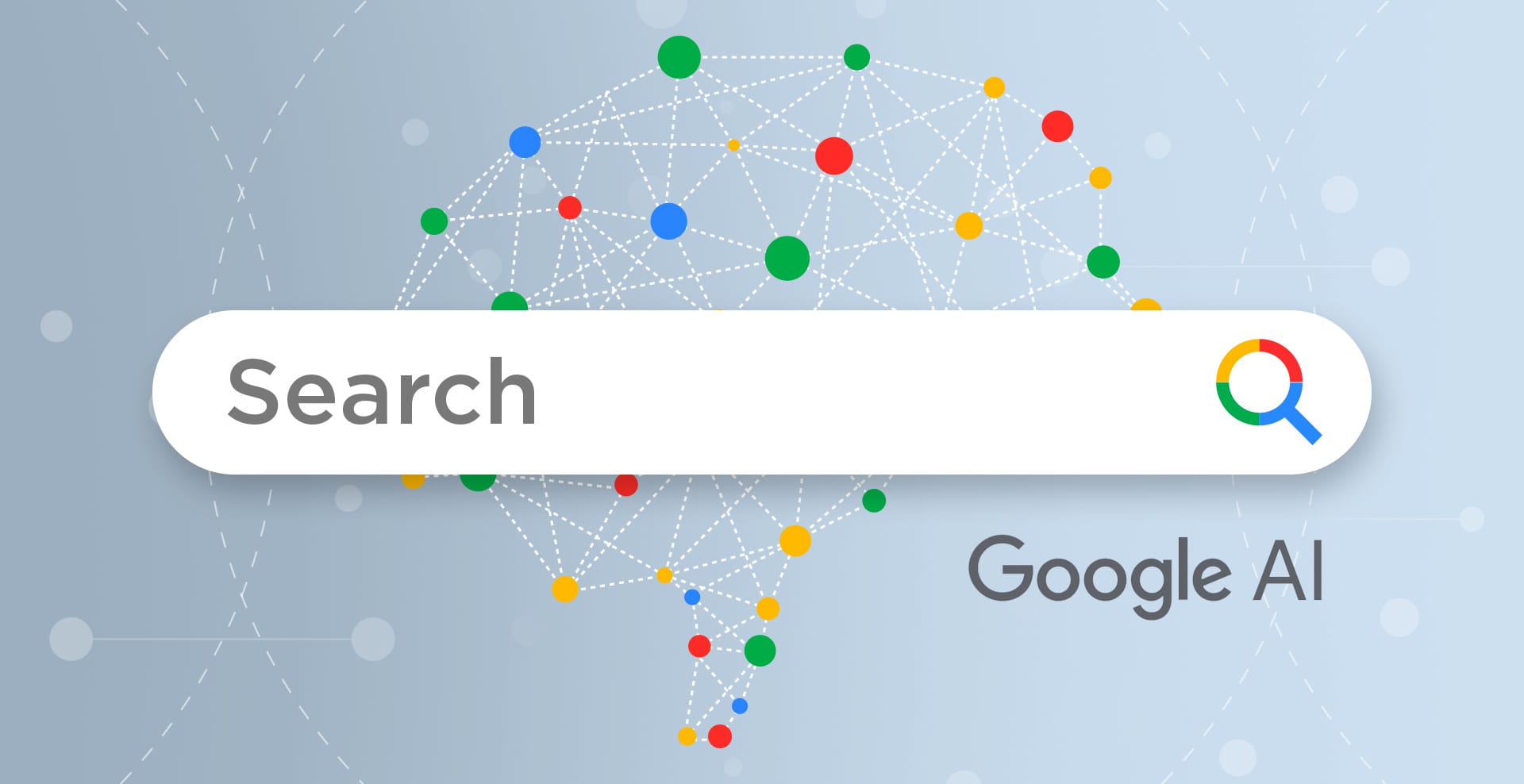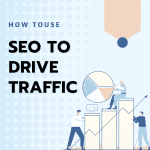
Search Traffic Wars Heat Up as Publishers Face Revenue Crisis
The battle between artificial intelligence and traditional web traffic has reached a boiling point. While countless studies reveal that AI-powered search features devastate publisher websites, Google stands firm in its defense, claiming these reports paint an inaccurate picture of reality.
Google’s Vice President and Head of Search, Liz Reid, recently published a blog post challenging widespread concerns about AI’s impact on website traffic. The tech giant maintains that overall organic click volume remains “relatively stable” compared to previous years, with click quality showing slight improvements.
However, this narrative directly conflicts with mounting evidence from independent research organizations and struggling publishers worldwide.
The Reality Behind Google’s Claims
Contradictory Evidence Emerges
Despite Google’s reassurances, third-party studies consistently demonstrate significant traffic declines. The company dismisses these findings as “flawed methodologies” and “isolated examples,” yet refuses to share specific data supporting its counter-claims.
Reid acknowledges that “user trends shift traffic to different sites, resulting in decreased traffic to some sites and increased traffic to others.” This admission reveals the incomplete nature of Google’s blanket statements about traffic stability.
AI Overviews Transform Search Landscape
Google’s AI Overviews feature now dominates search results pages, providing direct answers without requiring users to click through to source websites. This fundamental change in search behavior creates winners and losers across the digital publishing ecosystem.
The company simultaneously promotes an AI chatbot for certain queries while maintaining that these features don’t significantly reshape search patterns. This contradiction highlights the gap between Google’s public statements and observable market changes.
Beyond AI: The Broader Search Evolution
Social Platforms Challenge Google’s Dominance
The search traffic crisis extends beyond AI implementation. Google executives previously admitted that younger users increasingly bypass Google entirely, choosing platforms like TikTok and Instagram for discovery purposes.
Former Google executive Prabhakar Raghavan revealed that approximately 40% of young people seeking restaurant recommendations skip Google Maps and Search, preferring social media platforms instead. This behavioral shift predates AI features by several years.
E-commerce and Forum Competition Intensifies
Amazon has long captured product search traffic that previously flowed through Google. Similarly, Reddit became the preferred destination for research and discussion topics, prompting Google to add specialized filters accommodating this user preference.
These competitive pressures forced Google to implement various retention strategies, including free merchant listings and enhanced shopping features. The company’s defensive measures reveal underlying vulnerabilities in its search monopoly.
Quality Over Quantity: Google’s New Metrics
Redefining Success Metrics
Google now emphasizes click quality rather than raw traffic volume. The company defines quality clicks as those where users remain engaged rather than immediately returning to search results.
While this metric shift makes business sense for Google, it provides little comfort to publishers experiencing actual traffic declines. The company claims AI-generated responses produce higher-quality referral traffic, though specific improvement percentages remain undisclosed.
Increased Link Visibility Promise
Reid argues that AI Overviews display more links than traditional search results, theoretically creating additional discovery opportunities for websites. However, early data contradicts this optimistic projection.
Similarweb research indicates that zero-click news searches increased from 56% to 69% between May 2024 and May 2025, coinciding with AI Overview expansion. This trend suggests that increased link visibility doesn’t translate to proportional traffic gains.
Publisher Adaptation Strategies
Diversification Beyond Advertising
Recognizing publishers’ challenges, Google recently launched monetization tools helping websites reduce dependence on traditional advertising revenue. These products enable micropayments, newsletter subscriptions, and alternative income streams.
The timing of this product launch reveals Google’s awareness of the traffic crisis affecting its publishing partners. However, these solutions address symptoms rather than underlying structural changes in search behavior.
Authentic Content Demand Increases
Reid notes growing user preference for authentic voices through forums, videos, podcasts, and personal perspectives. This trend suggests opportunities for publishers creating genuine, experience-based content.
Publishers adapting to this preference may capture traffic from users seeking human insights rather than AI-generated summaries. However, this strategy requires significant content strategy adjustments and resource allocation.
The Search Evolution Continues
The current controversy reflects broader changes in information discovery patterns rather than isolated AI implementation effects. Users increasingly fragment their attention across multiple platforms, reducing Google’s traditional gatekeeping power.
Google’s defensive public relations campaign suggests deeper concerns about market position than official statements indicate. The company’s emphasis on aggregate stability while acknowledging individual site variations reveals the complex nature of modern search dynamics.
Publishers must navigate this evolving landscape by diversifying traffic sources, improving content quality, and building direct audience relationships. Dependence on any single referral source becomes increasingly risky as user behavior continues shifting.
The debate over AI’s impact on search traffic will likely intensify as more data becomes available. However, publishers cannot afford to wait for definitive answers before adapting their strategies to changing market realities.
READ ALSO: Google Jules AI Coding Agent Goes Live: Revolutionary Tool Now Available Beyond Beta Testing









Leave a Comment
You must be logged in to post a comment